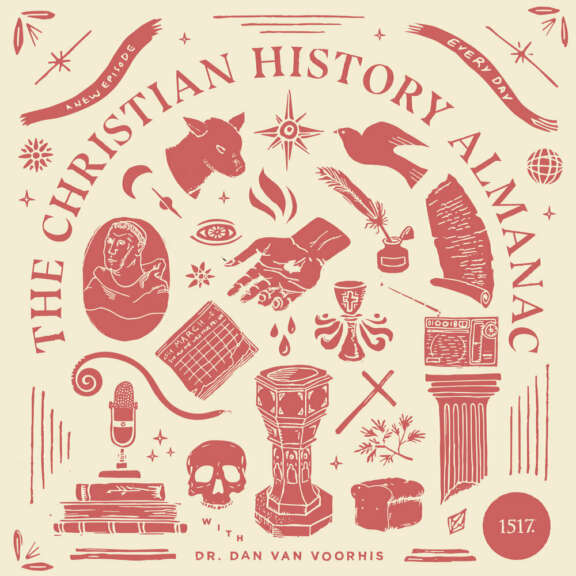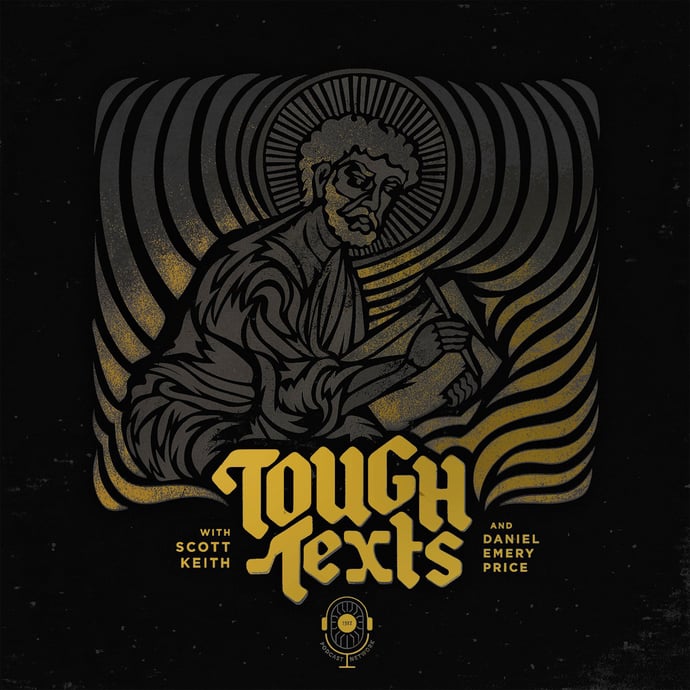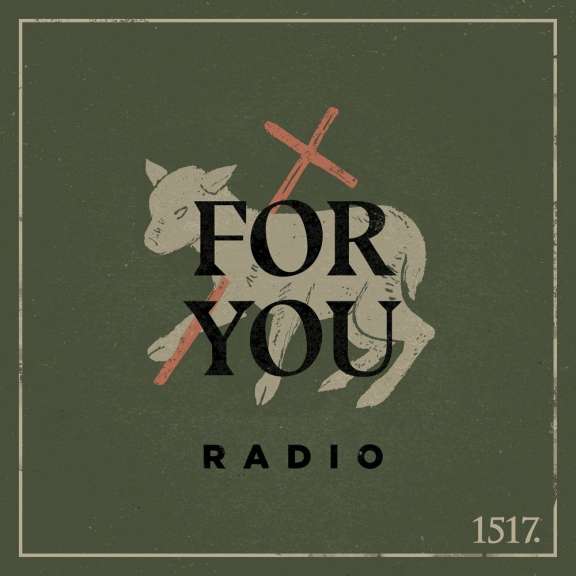Watch Me Work. In this episode, we continue our discussion of justification and vocation as we read "Justification, Vocation, and Location in Luther's Reformation" by James A. Nestigen. Part two of our conversation continues with themes of vocation, location, repentance, humility, personal agency, divine instrumentality, atonement, the relationship of husband and wife to the land, the overlap of heaven and earth, and what to do when we feel like we’ve made a complete mess of our lives.
Podcasts
Each 1517 Podcast is dedicated to delivering Christ-centered content through weekly, monthly, and seasonal audio platforms. Listen online or on your favorite podcasting app.
Author
- All Authors
- Aaron Zimmerman
- Adam Francisco
- Amy Mantravadi
- Blake Flattley
- Bob Hiller
- Bradley Gray
- Brian W. Thomas
- Bror Erickson
- Bruce Hillman
- Caleb Keith
- Chad Bird
- Chris Rosebrough
- Christopher Gillespie
- Cindy Koch
- Craig Donofrio
- Dan van Voorhis
- Daniel Deen
- Daniel Emery Price
- Darrin Sheek
- David Andersen
- David Rufner
- David Zahl
- Debi Winrich
- Delwyn Campbell
- Donavon Riley
- Doug Klembara
- Edward Killian
- Elyse Fitzpatrick
- Erick Sorensen
- Flame
- Grant Klembara
- Gretchen Ronnevik
- Haroldo Camacho
- Jacob Smith
- Jared C. Wilson
- Jeff Mallinson
- Jeffrey Pulse
- Jessica Thompson
- Jim Nestingen
- Joel Fitzpatrick
- Joel Hess
- John Andrew Schreiner
- John Bombaro
- John T. Pless
- John W. Hoyum
- John Warwick Montgomery
- Katie Koplin
- Kelsi Klembara
- Ken Sundet Jones
- Magnus Persson
- Matt Popovits
- Michael Berg
- Michael Horton
- Nick Lannon
- Paul Koch
- Peter Nafzger
- Philip Bartelt
- Raleigh Sadler
- RJ Grunewald
- Robert Kolb
- Rod Rosenbladt
- Ron Hodel
- Sam Leanza Ortiz
- Sarah Condon
- Sarah Crowder
- Scott Davis
- Scott Keith
- Steven Paulson
- Tanner Olson
- Troy Neujahr
- Uwe Siemon-Netto
- Wade Johnston
- William Cwirla
-
Today, on the Christian History Almanac, we remember a critical moment in 1520 on the road to the Reformation.
-
In this episode of Tough Text, Scott Keith and Daniel Emery Price discuss the passage in Matthew 16 where Jesus rebukes Peter after Peter confesses that Jesus is the Christ, the Son of the living God.
-
Today, in the Christian History Almanac, we revisit perhaps the “most interesting character” of 20th-century Church History.
-
Today, on the Christian History Almanac, we remember a “visionary,” the trailblazing and tragic Bob Pierce.
-
Today, on the Christian History Almanac, we answer a few questions about Messianic Judaism from a friend in Maine.
-
Weekend Edition for October 5-6, 2024
-
Today, on the Christian History Almanac, we tell the story of the first Bible printed in English (and it’s probably not the one you think).
-
They Call Me Rhetorical Working Man. In this episode, we discuss Luther‘s teaching on justification and vocation while reading James Nestingen’s essay on the same topic. We cover feudalism, the rise of capitalism, how the reformation took hold in the cities in Germany, the three estates, the two kingdoms, church life versus social life, and the consequences for Christians of not being grounded in faith and prayer as detailed by Luther, in particular, in his explanations to the petitions of the Lord Prayer.
-
What does that mean, and should we be concerned?
-
Today, on the Christian History Almanac, we remember one of the first Christian “celebrities,” St. Francis of Assisi.
-
Today, on the Christian History Almanac, we remember one of the most significant and controversial preachers in the early Republic: William Ellery Channing.



